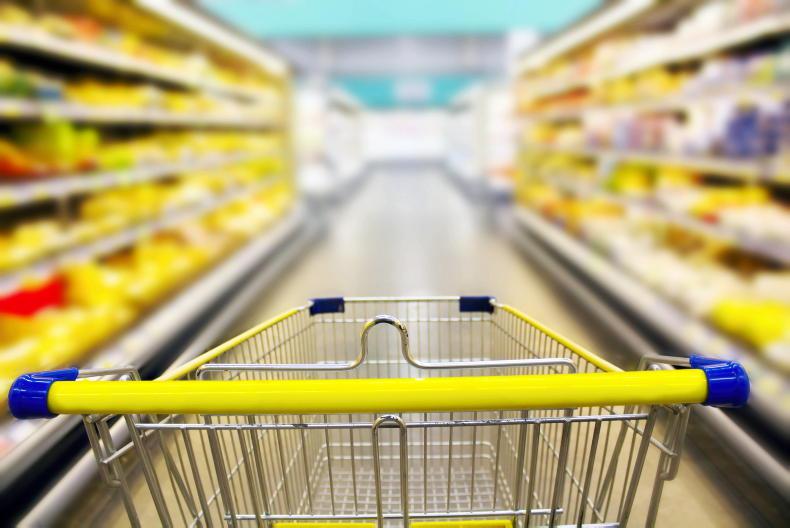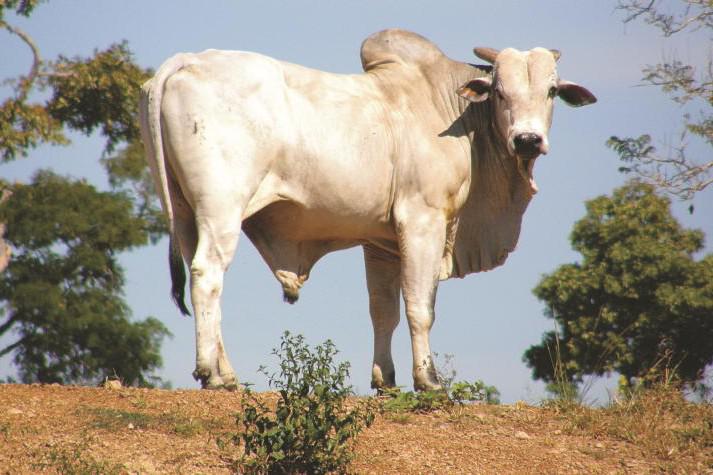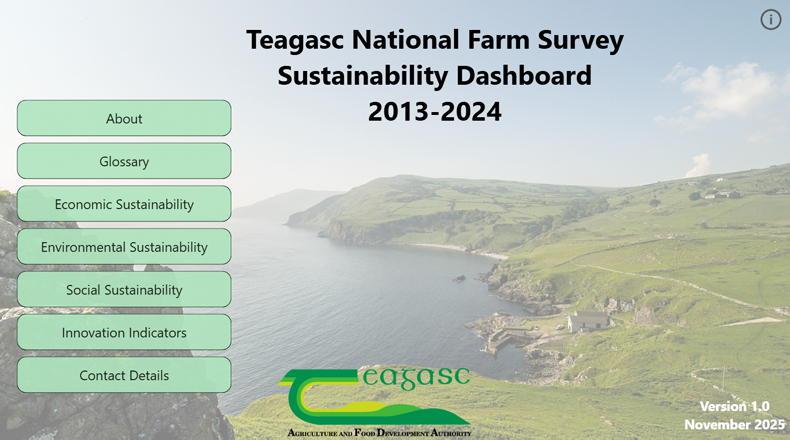JBS, the world’s largest meat processor posted a net loss of $40m (€36.7m)for the second quarter of 2023 on an adjusted earnings before interest, taxation and amortization (EBITDA) of $902.8m (€828.3m).
This is an improvement on their first quarter results, which were a $279.6m (€256.6m) net loss with an adjusted EBITDA of $416.3m (€381.9m). Net revenue or turnover for the second quarter was $18.1bn (€16.6bn), up from $16.7bn (€15.3bn) in the first quarter.
While it is an improving picture in the second quarter, it is a huge contrast with the second quarter in 2022 when JBS posted a net income of $803.2m (€736.9m) on an adjusted EBITDA of $2.1bn (€1.9bn) with revenue at $18.7bn (€17.2bn), just slightly higher than in the corresponding period in 2023.
In his accompanying message with the results, Gilberto Tomazoni, CEO Global JBS highlighted the impact of increased poultry supplies in the US and tighter margins on beef and the increased margin of 9.5% in Australia reflecting the “improvement in the cattle supply cycle”
The beef division in North America (NA) which accounts for $5.8bn (€5.4bn) of the group’s total sales in Q2 posted an adjusted EBITDA of $83.4m (€76.5m) under USGAAP accounting rules, $87.5m (€80.3m) under IFRS rules.
JBS described beef margins in NA as having “suffered a material impact” because of “reducing the availability of animals for processing and therefore a cost increase”
On the other hand JBS Australia returned an improved EBITDA on both Q1 2023 and Q2 2022 despite lower net revenue because of “the lower purchase price of cattle, given the greater availability of animals” Adjusted EBITDA was $143.5m (€131.7m) under IFRS rules, or $129.5m (€118.8m) under USGAAP, a higher percentage than the corresponding quarter in 2022.










SHARING OPTIONS